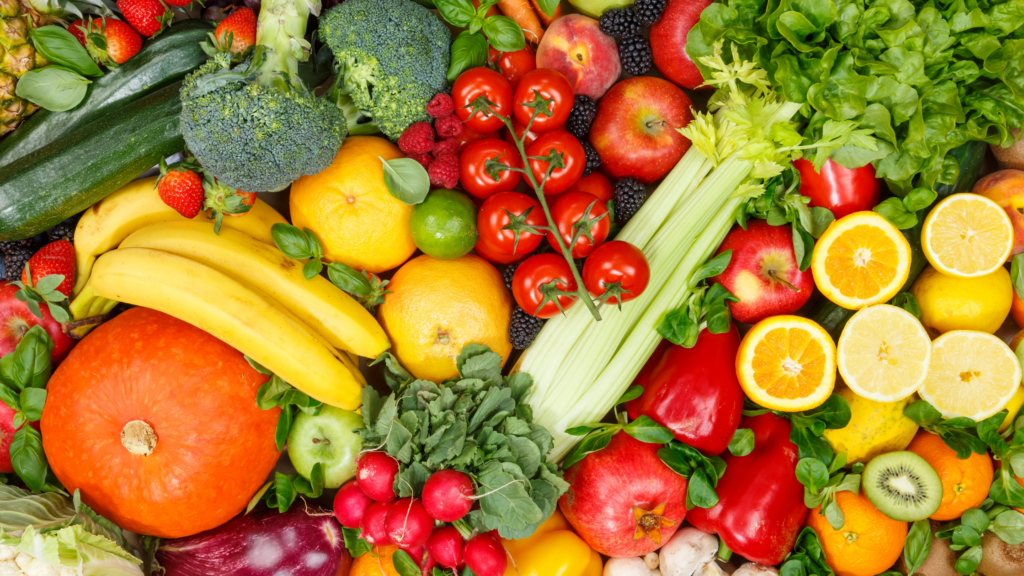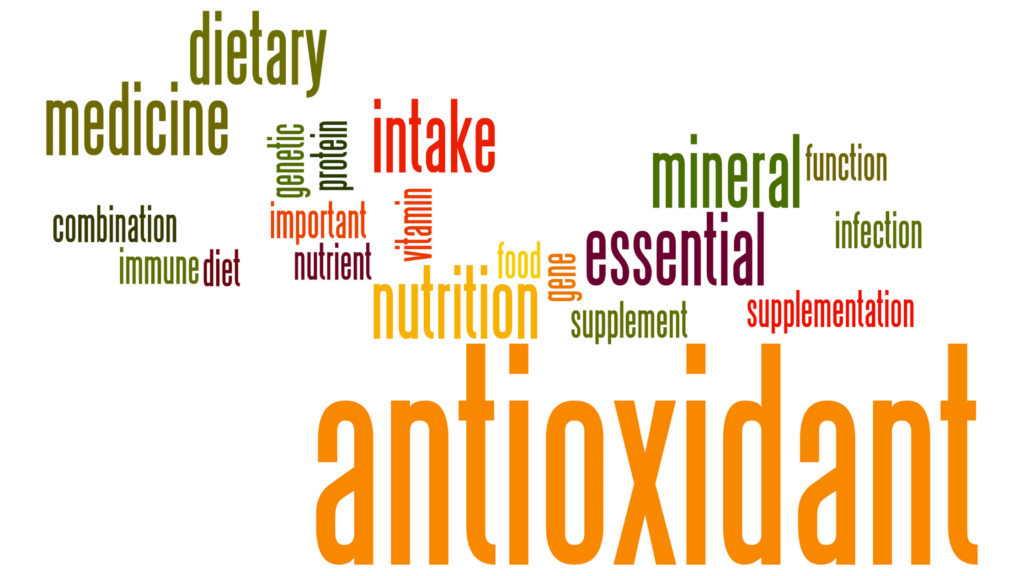A Nutrition Moment with Dr. Jam

Many of us have told our children eat your fruits and vegetables. You have usually emphasized the importance of including these colorful and nutritious foods in our diet, but have you ever really delved into why they are so important? This advice wasn’t just an old wives’ tale; it is based on solid nutritional science and health benefits that have been recognized for generations.
Eating lots of fruits and vegetables is especially important for Black women aged fifty and older because of the medicines we often take. As we age, our bodies go through many changes, and our nutritional needs evolve. Certain medications, commonly prescribed for conditions like hypertension, diabetes, and high cholesterol, can have side effects that impact our digestive health and overall nutrient absorption. For instance, some medications may cause constipation, while others can interfere with the absorption of essential vitamins and minerals.
Additionally, Black women may have higher risks for certain health conditions such as cardiovascular disease and type 2 diabetes. A diet rich in fruits and vegetables provides essential vitamins, minerals, and antioxidants that support overall health and well-being. These nutrients can help strengthen the immune system, improve skin health, and boost energy levels. They also play a role in preventing chronic diseases such as osteoporosis, hypertension, and certain types of cancer.

Fruits and vegetables are rich in essential nutrients that are vital for our health and well-being. They provide a wide array of vitamins, minerals, and antioxidants that help our bodies function optimally. Here are some key nutrients found in fruits and vegetables:
- Vitamins: These include vitamin C, which is important for immune function and skin health, and vitamin A, which supports vision and immune health. Folate (vitamin B9) is crucial for cell division and proper brain function.
- Minerals: These include potassium, which helps maintain healthy blood pressure, and magnesium, which is involved in over 300 biochemical reactions in the body.
- Antioxidants: Compounds such as flavonoids, carotenoids, and polyphenols protect our cells from damage caused by free radicals, which can lead to chronic diseases like cancer and heart disease.
Health Benefits
- Improved Digestion and Regularity: The high fiber content in fruits and vegetables aids in maintaining regular bowel movements and preventing constipation. Fiber adds bulk to the stool, which helps it move more easily through the digestive tract.
- Disease Prevention: Diets rich in fruits and vegetables are associated with a lower risk of many chronic diseases, including heart disease, stroke, and certain types of cancer. The antioxidants and phytonutrients found in these foods help protect against cellular damage and inflammation.
- Weight Management: Fruits and vegetables are low in calories but high in volume and nutrients, making them excellent for weight management. They help you feel full and satisfied without consuming excessive calories, which can help prevent overeating and obesity.
- Blood Sugar Control: The fiber in fruits and vegetables slows the absorption of sugar into the bloodstream, which helps maintain stable blood sugar levels. This is particularly beneficial for individuals with diabetes or those at risk of developing the condition.
- Heart Health: The potassium in fruits and vegetables helps manage blood pressure levels, and the fiber can lower cholesterol levels. Together, these factors contribute to a reduced risk of cardiovascular diseases.

Practical Tips for Including More Fruits and Vegetables in Your Diet
Variety is Key: Aim to include a variety of colors and types of fruits and vegetables in your diet to ensure you get a broad spectrum of nutrients. Each color group tends to provide different essential nutrients and health benefits.
Incorporate Them into Every Meal: Make it a goal to include at least one fruit and one vegetable at every mealtime. For example, add berries to your breakfast cereal, start your day with a breakfast that includes a serving of fruit, such as a banana or a handful of berries, along with your usual meal include a side salad with your lunch, and have a serving of steamed vegetables with your dinner. For lunch and dinner, aim to fill half your plate with vegetables.
Snack Smart: Additionally, try having fruits and veggies as snacks to limit sugary and salty snacks. Carrot sticks, apple slices, and bell pepper strips are great alternatives to chips and cookies Swap out unhealthy snacks like chips and cookies for fresh fruit or vegetable sticks. Carrot sticks, apple slices, and bell pepper strips are convenient and nutritious options.
Experiment with Cooking Methods: Try different cooking methods to find the ones you enjoy the most. Grilling, roasting, steaming, and sautéing can bring out unique flavors and textures in fruits and vegetables. Enjoy grilling during the summertime? Grilling isn’t just for meats! Throw some fresh fruits and veggies on the grill for a delicious and healthy addition to your meal. Lay a piece of foil on the hot grill, season your produce, and watch it sizzle! Try grilling asparagus, peaches, peppers, squash, zucchini, or onions. The heat from the grill can enhance the natural sweetness of fruits and veggies, making them even more enjoyable to eat. Plus, grilling is a great way to bring out different flavors and textures.
Use Herbs and Spices: Enhance the flavor of your fruits and vegetables with herbs and spices. This can make them more appealing and enjoyable to eat.
Using canned veggies? Canned foods are convenient and safe to use. They are often more affordable and have a longer shelf life, making them a practical choice for many households. However, they can sometimes contain added salt and sugar. To reduce these, strain and rinse your canned veggies before using them in your dish. This simple step can significantly decrease the sodium and sugar content, making your meal healthier.
Conclusion
Eating fruits and vegetables is rooted in the numerous health benefits these foods provide. From improved digestion and disease prevention to weight management and heart health, fruits and vegetables play a crucial role in maintaining our overall well-being. By making a conscious effort to include more of these nutrient-rich foods in our diet, we can take a proactive step towards better health and a more vibrant life.
Remember, the journey to better health starts with one bite at a time. So next time you’re at the grocery store, fill your cart with a variety of colorful fruits and veggies. Your body will thank you for it!

Be the first to comment